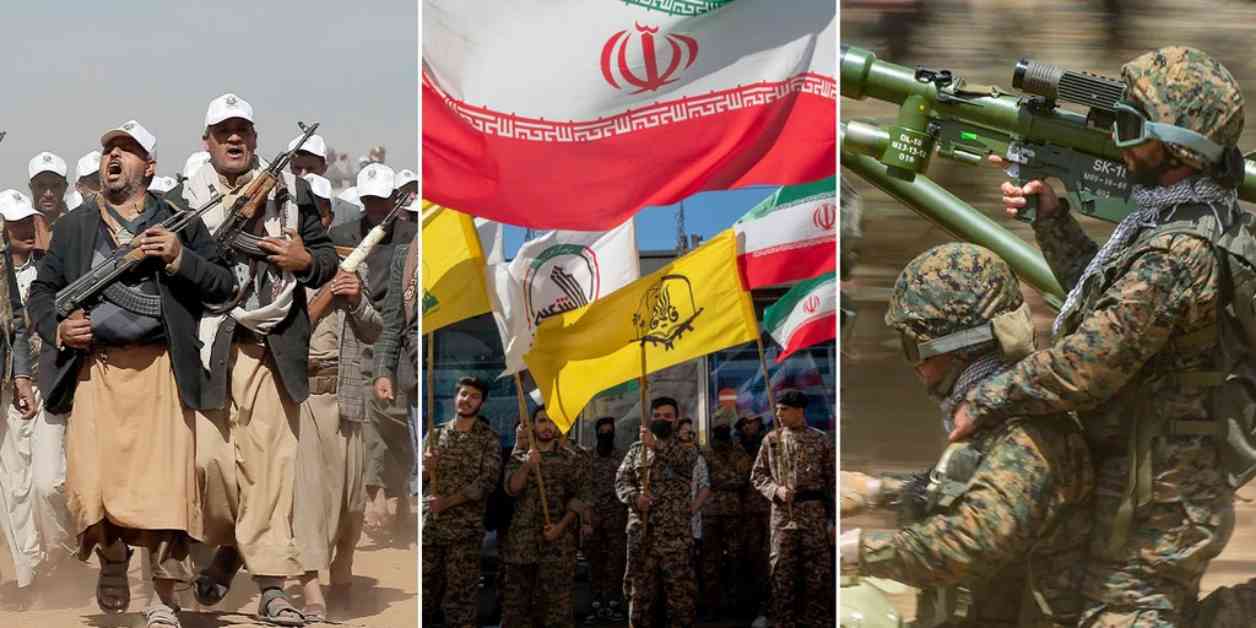Iran is planning to significantly increase its military budget by tripling the amount of oil revenue going to its armed forces. The regime’s budget for 2025 will allocate $13 billion from oil exports, which is half of the expected $26 billion revenue. This increase comes at a time of rising tensions with Israel and the U.S.
The Islamic Republic of Iran Armed Forces, which includes the Army, the Islamic Revolutionary Guard Corps (IRGC), and the Law Enforcement Forces (LEF), will benefit from this boost in funding. The IRGC, in particular, will see a significant increase in its budget thanks to oil exports.
Despite Western sanctions, Iran has been able to export near-record amounts of oil, primarily to China. The government projects to bring in a total of $69 billion from oil and gas exports, with a significant portion coming from domestic sales.
The increase in military spending is concerning to some, especially Republicans who have criticized the Biden administration for not enforcing sanctions and allowing Iran to fund its proxies. The Trump administration had imposed harsh sanctions on Iran, aiming to cut off its funding to proxies like Hamas and Hezbollah.
Iran’s plan to allocate more oil revenue to its military comes as the Energy Information Agency reports a significant increase in oil sales in recent years. The country sold $144 billion in oil abroad between 2021 and 2023, a stark difference from the $16 billion during a period of maximum pressure in 2020.
The U.S. recently imposed fresh sanctions on Iran’s shadow fleet of ships, which were found to be circumventing sanctions to sell Iranian oil. This action was in response to a missile attack on Israel earlier this month, highlighting the ongoing tensions in the region.
Overall, Iran’s decision to boost military funding using oil revenue raises concerns about the country’s intentions and its impact on regional stability. The increased budget for the armed forces could have far-reaching consequences and may further escalate tensions with neighboring countries and the U.S.




